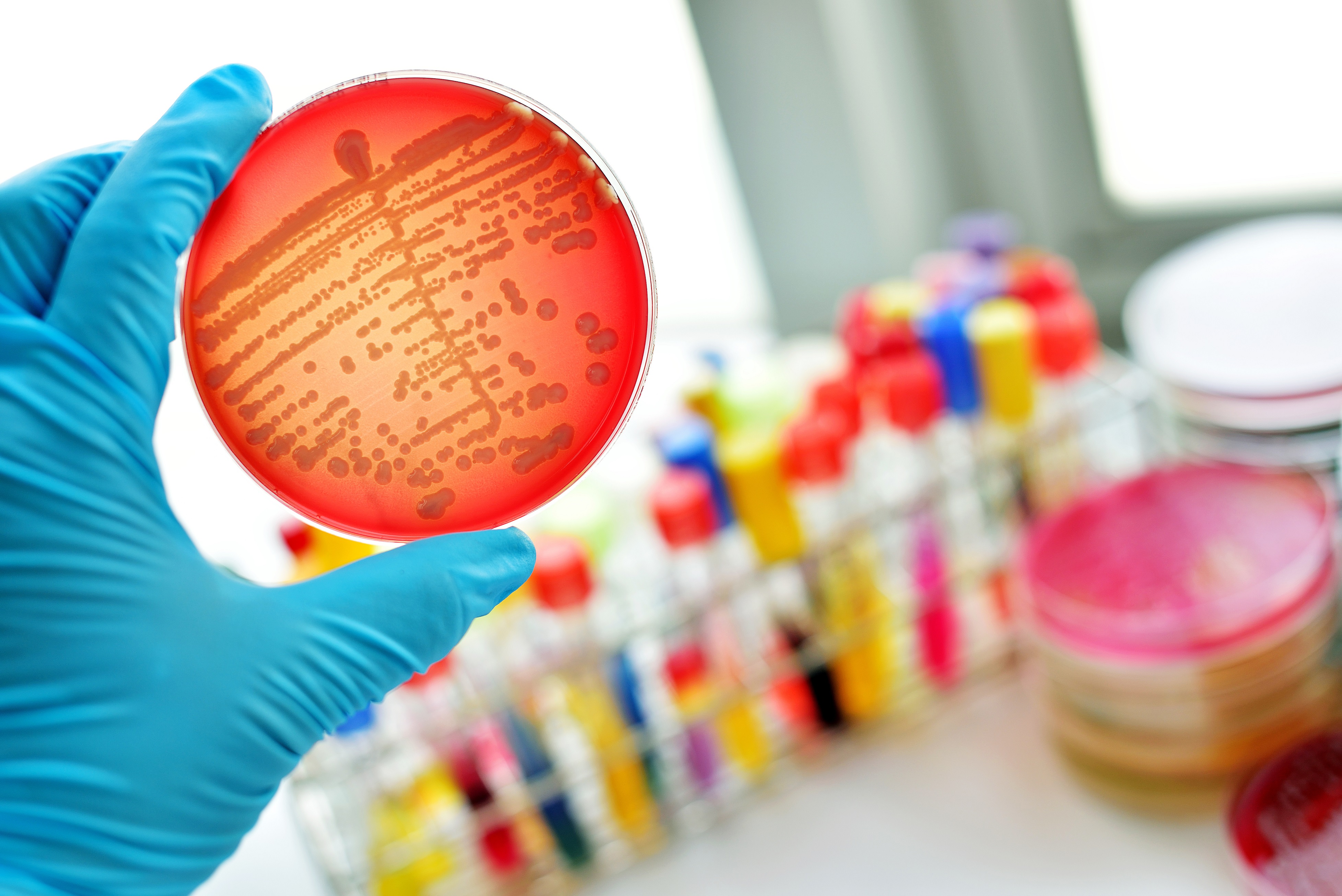What is group B streptococcus (GBS or strep)?
Group B streptococcus (also known as GBS or strep), is a type of bacteria that is present in the vagina and/or rectum of around 25% of all healthy adult women and is not a sexually transmitted disease. A mother can pass GBS to her baby during delivery and, consequently, GBS currently affects approximately 1 in every 2,000 babies born in the US. When a newborn baby is infected with GBS, the potential outcome can be severe. Therefore, the Centers for Disease Control and Prevention (CDC) has recommended that physicians include GBS testing as routine part of prenatal care.
What does the test for GBS involve?
Testing for GBS usually takes place between the 35th and 37th week of pregnancy, since studies have shown that testing done within 5 weeks before delivery is the most accurate at predicting GBS status at birth. The GBS test involves a swab of the vagina and the rectum and the sample is taken to a lab where it is analyzed for the presence of GBS. You can usually obtain the results within 24 to 48 hours. For women who have risk factors before being screened for GBS, such as experiencing preterm labor before 37 weeks gestation, the American Academy of Pediatrics recommends treatment with an intravenous antibacterial until their GBS status is determined.
What happens if I test positive for GBS?
If you test positive for GBS and meet the high-risk criteria for passing GBS on to your baby, your physician will probably recommend giving you an intravenous antibacterial during delivery. This will greatly decrease the chance of your baby contracting GBS.
You are considered to be at high risk of passing GBS on to your child if you have any of the following symptoms:
- Rupture of membranes for 18 hours or longer before delivery
- Labor before 37 weeks
- Fever during labor
- A previous baby with GBS
- A urinary tract infection due to GBS while you are pregnant
According to the CDC, if test positive for GBS but are not at high risk, the chances of your baby contracting GBS are:
- 1 in 4000 if antibacterials are administered
- 1 in 200 if antibacterials are not administered
How does GBS infection affect a newborn baby?
The effects of GBS infection on a newborn baby can be quite severe and occur either shortly after birth (early onset) or between 6 days and up to 1 month post-delivery (late onset). Early-onset GBS occurs more frequently than late-onset GBS. Late-onset can also be transmitted by someone with GBS in the weeks and months following birth. The signs and symptoms of early-onset GBS include fever, difficulty breathing, and lethargy.
Complications of early-onset GBS include:
- Sepsis, pneumonia, and meningitis, which are the most common and can be some of the most dangerous complications
- Heart and blood pressure instability
- Breathing problems
- Gastrointestinal and kidney problems
Signs and symptoms of late-onset GBS include:
- Difficulty breathing
- Difficulty feeding
- Lethargy
- Fever
- Irritability
Meningitis, sepsis, and/or pneumonia are the most common complications of late-onset GBS but late-onset GBS can also present itself as septic arthritis (joint infection) or osteomyelitis (bone infection).
In conclusion, it is certainly important to get checked for GBS during pregnancy. While the risk of passing GBS on to your baby is relatively low, and the risk of your baby developing a serious complication due to GBS is also relatively low, it is still highly recommended to get the test, as ‘low risk’ does not equal ‘no risk’.

